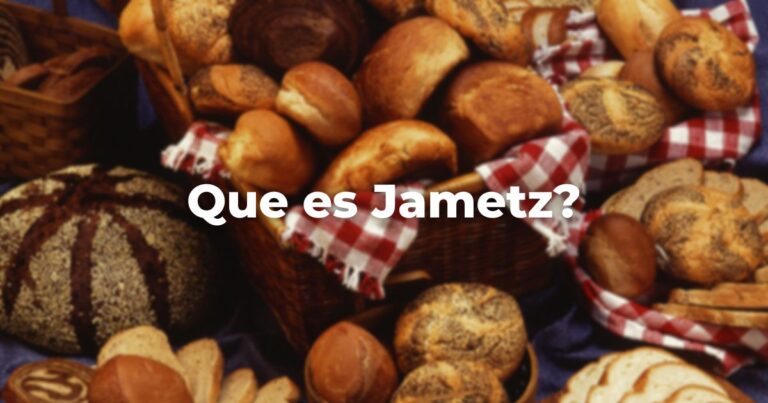While most Jews associate the beginning of a new year with Rosh Hashanah, the MishnahA collection of rabbinic teachings edited in Israel around 225 CE. Organized in six sedaraim by subject matter and dealing with both ritual and civil law. Both the Jerusalem and Babylonian Talmud are expansive discussions of the Mishnah. Read more informs us at M Rosh Hashanah 1:1 there are actually four New Years; each with its own purpose, accounting, and role in demonstrating that life is a constant parade of new beginnings.
The fifteenth of the month of Sh’vat (also spelled shevat or shvat) is called Tu Bishvat (or Tu b’shevat) in Hebrew.
Tu Bishvat was, at least according to the view of the school of Hillel, the New Year for agricultural purposes, and specifically for paying the annual tithes due on fruit.
(The TalmudReferring to one of two collections, the Jerusalem and Babylonian Talmuds, edited in the 6th century, that contains hundreds of years of commentary, discussion, and exploration of the ideas in the Mishnah. One could describe it as Mishnah + Gemara = Talmud Read more, at Rosh Hashanah 14a, explains that, as the majority of the winter season’s rainfall has already fallen by this date, fruit trees that only blossom later on are considered part of the following year’s crop).
The law that prohibits eating the fruit of trees for the first three years they produce fruit also requires a specific date, after which the fruit may be eaten in the fourth year. That too, was the fifteenth of Sh’vat (Leviticus 19:23–25; cf. Mishneh TorahRefers to the first five books of the Hebrew Bible, the Tanakh, also called the Five Books of Moses, Pentateuch or the Hebrew equivalent, Humash. This is also called the Written Torah. The term may also refer to teachings that expound on Jewish tradition. Read more, Hilchot Terumot 5:11, and Mishneh Torah, Hilchot Maaser Sheini 9:9-10).
Later, when the original meaning of Tu Bishvat became less important to Jews in the Diaspora, it became customary to enjoy fruit from the Land of Israel on Tu Bishvat, as a way of strengthening the bond between a people scattered around the globe and the Holy Land.
One of the most popular of these fruits was (and is) the fruit of the carob tree, called bokser in Yiddish and also occasionally referred to in English as St. John’s bread.
In the sixteenth century, the mystics of Safed found especially profound meaning in Tu Bishvat and created an elaborate liturgy for this day modeled on the Passover seder.
Many contemporary synagogues have revived the Tu Bishvat seder as well, as a means both of deepening the spiritual connection between the Jews of the Diaspora and the Land of Israel.
After the founding of the modern State of Israel, there was a revival of interest in Tu Bishvat.
In Israel it is customary for school children to go out on that day to plant saplings, thus transforming the day into a kind of Jewish Arbor Day. Tu Bishvat has been given an environmental spin in some circles in recent years.
When viewed in this light, Tu Bishvat can serve to remind us that the world is God’s sacred gift to humanity, a precious legacy entrusted to our care.
Adapted with permission from The Observant Life.
Authors
-

-



The Observant Life: The Wisdom of Conservative Judaism for Contemporary Jews distills a century of thoughtful inquiry into the most profound of all Jewish questions: how to suffuse life with timeless values, how to remain loyal to the covenant that binds the Jewish people and the God of Israel, and how to embrace the law while retaining an abiding sense of fidelity to one’s own moral path in life. Written in a multiplicity of voices inspired by a common vision, the authors of The Observant Life explain what it means in the ultimate sense to live a Jewish life, and to live it honestly, morally, and purposefully. The work is a comprehensive guide to life in the 21st Century. Chapters on Jewish rituals including prayer, holiday, life cycle events and Jewish ethics such as citizenship, slander, taxes, wills, the courts, the work place and so much more.
View all posts





